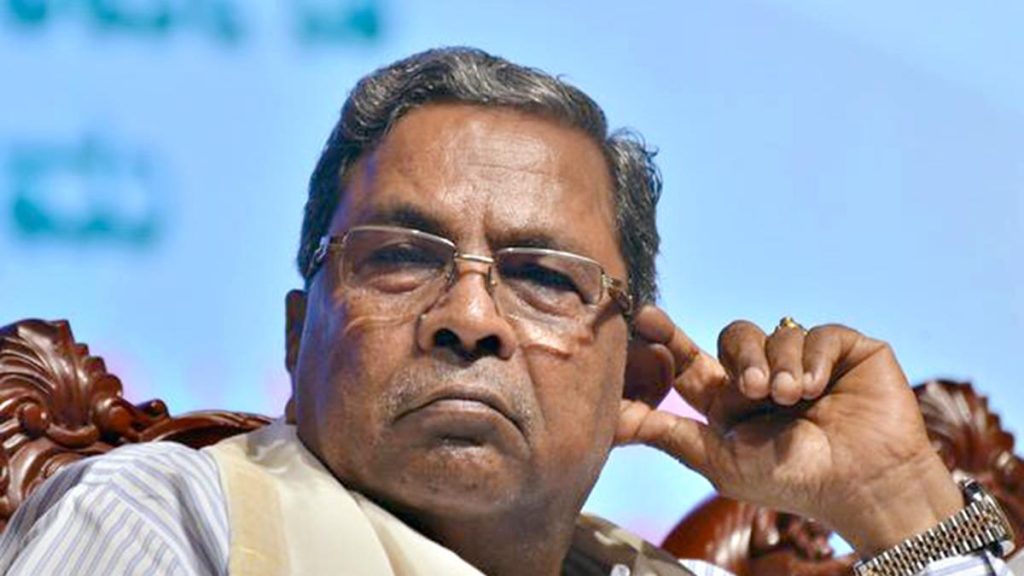Now Reading: KHB Employee, Two Others Booked for Illegal Sale of Government Land
-
01
KHB Employee, Two Others Booked for Illegal Sale of Government Land
KHB Employee, Two Others Booked for Illegal Sale of Government Land

Rapid Summary
- Incident: Lokayukta police have booked a Karnataka Housing Board (KHB) official and two private individuals for illegally selling a government site in Yelahanka New Town, Bengaluru for ₹10 crore.
- Accused: Syed Asghar (Assistant Executive Engineer at KHB), Govindaiah, and Harini satish from T. Dasarahalli. A fourth suspect’s involvement is under inquiry.
- Charges: Alleged offenses include criminal breach of trust by a public servant, cheating, and forgery under the Prevention of Corruption act (1988) and Indian Penal Code sections 409, 420, and 468.
- Actions Taken: Lokayukta police conducted raids at Asghar’s office in KHB’s Yelahanka New Town branch and residential premises linked to the accused. relevant documents were recovered.
- Impact on State Exchequer: The illegal transaction caused financial loss to the government.
Indian Opinion Analysis
This case underscores systemic vulnerabilities within public housing governance systems that could be exploited for personal gain. Public assets like government-owned housing sites represent crucial developments meant to serve citizens; their misappropriation not only diminishes public trust but also incurs financial losses to state resources earmarked for infrastructure or welfare projects.The active involvement of Lokayukta police reflects institutional vigilance against corruption but also highlights the ongoing need for structural reforms with stricter oversight mechanisms.
The broader implication lies in ensuring greater accountability among officials managing such critical public properties through monitoring practices or technological interventions like digitized systems that minimize manual discrepancies leading to fraud. Transparency coupled with stringent deterrents may play a role in preventing such incidents going forward.
Read more: Link






















